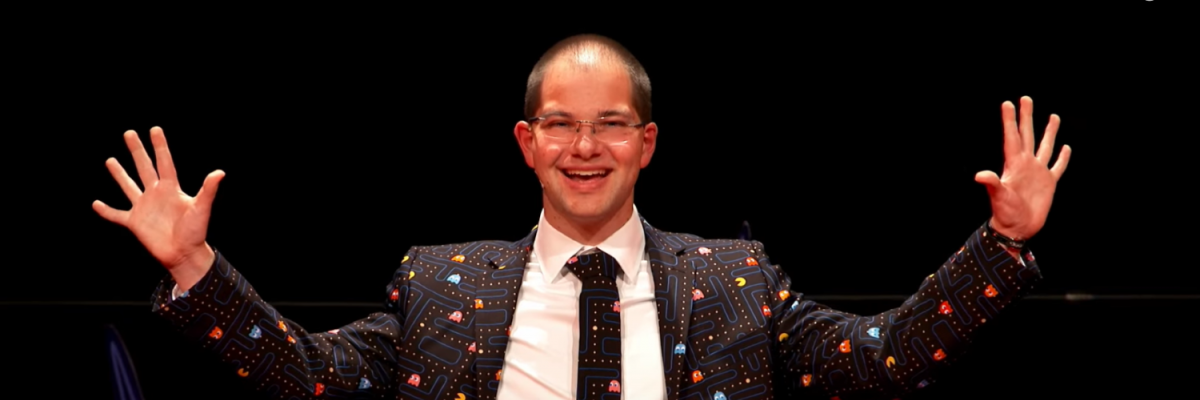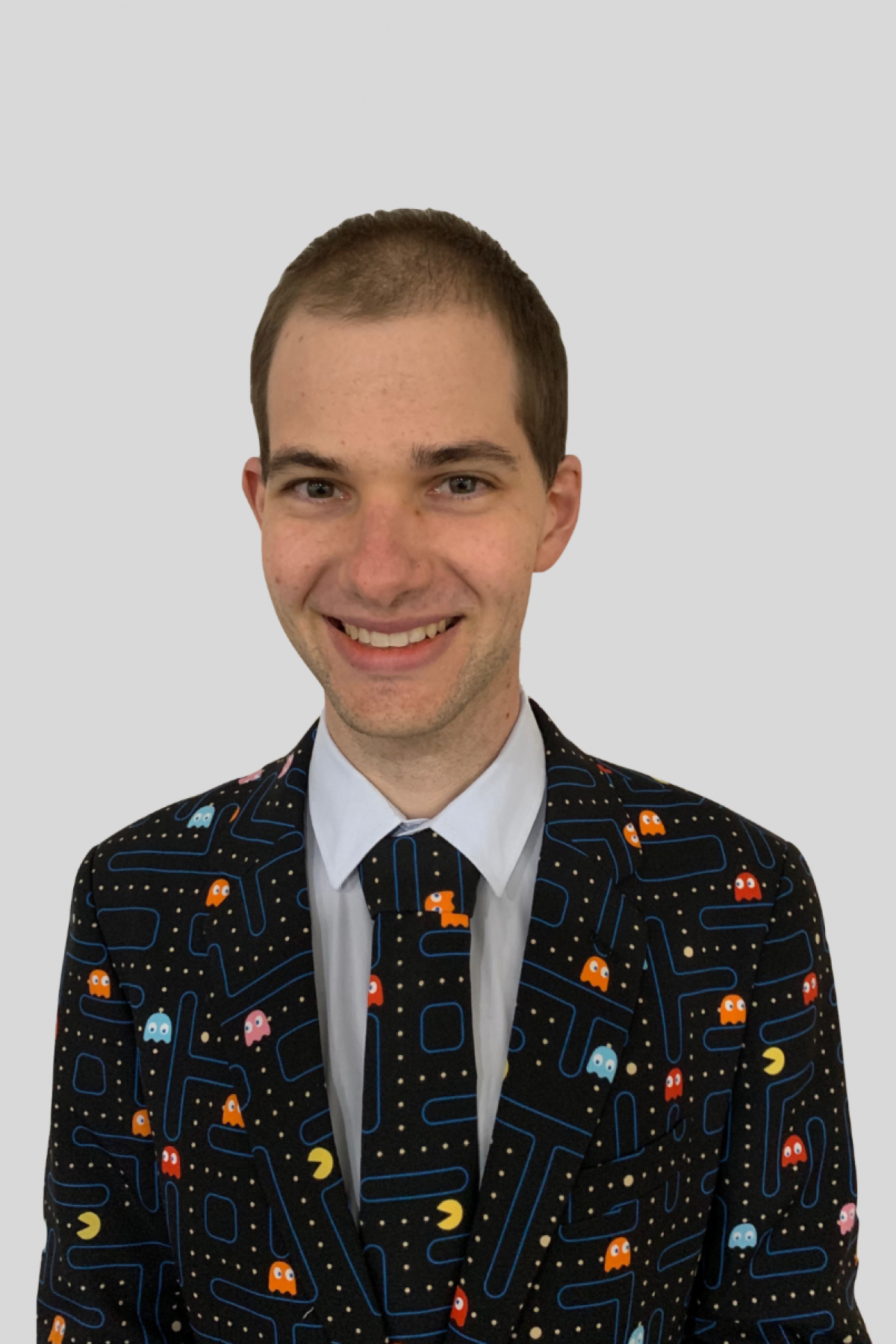Neurodiversity's untapped competitive advantage

Andrew Pfeiffer is a data leader, TEDx speaker, and neurodiversity advocate. Alongside his role in data, he works to promote the benefits of neurodiversity in workplaces – “the untapped competitive advantage”.
Until only a few years ago, Andrew’s life and career were outwardly successful, but plagued by a persistent feeling of otherness. An exceptional student with an outstanding academic record, Andrew felt disconnected from many of his peers. “Growing up, I knew deep down that I was different… I never felt like I really ‘fit in’,” he says.
Andrew studied a Bachelor of Mathematical and Computer Sciences followed by a Master of Philosophy. The recipient of multiple prizes and scholarships for high performance in pure mathematics and mathematical sciences, Andrew’s academic success earned him the role of mace-bearer at his graduation ceremony at the University in 2013. Behind the success, however, were many challenges. “I experienced significant mental health challenges, including depression and anxiety. At the same time, I made some fantastic friends, including people who were quirky, weird, nerdy and different, like me.”
The same story continued during his early years as a data scientist. “I kept encountering things in life that I found so challenging compared to others. Network events triggered crippling social anxiety, and I often misunderstood my managers. There was a pattern to this data I had been collecting about myself throughout my life, but I didn't know what it was.”
“Growing up, I knew deep down that I was different..."Andrew Pfeiffer

Andrew Pfeiffer, neurodiversity advocate and data leader
Everything changed for Andrew five years ago. “In 2019, I discovered that I'm Autistic. This revelation changed my life. It didn't change the data about me; it's a trend line that powerfully explains the data about me,” says Andrew.
Since this vital discovery, Andrew has been able to put a name to his experience of living in a society that heavily favours the neurotypical. “I finally had a framework for harnessing my strengths and identifying strategies to address my challenges."
Using that new framework, Andrew embraced challenges and strengths. He built a networking spreadsheet to ensure he had robust friendships and support networks. He continues to wear novelty suits to events as a conversation starter to ease his social anxiety.
Shortly after his Autism revelation, Andrew co-founded the Neurodiversity Network at his workplace, which has more than 20 offices nationwide. The network grew to 400 members in only one year. “The support we received [from the workplace] was incredible. They wanted to know how they could be more inclusive of neurodivergent staff.”
“Little did I know how that would transform my life,” says Andrew. “I started receiving invitation after invitation to give talks to organisations, be on panels at conferences and write articles about neurodiversity.”
Reimagining the way we think and talk about neurodivergence is high on his agenda. “When it comes to neurodivergent labels, it’s so easy to focus on their stereotypical challenges. Autism: socially awkward. ADHD: easily distracted. Dyslexia: reads back-to-front. And it doesn’t help that these labels often have the word ‘disorder’ in their official medical name. After all, neurodivergent people also have profound strengths... both our strengths and our challenges are often more pronounced.” Andrew is now a member of the National Autism Strategy Oversight Council, using his lived experience of Autism to inform policies for social and economic inclusion, and to improve support and mental health for Autistic people.
"We know that approximately one in six people are neurodivergent. And yet neurodivergent people are much more likely to be unemployed."
One in three Autistic adults is unemployed… This is a massive opportunity! We are a massive pool of untapped talent. Organisations that can harness this talent will have a massive competitive advantage.”
Andrew has a strong message for employers: it’s time for us to change the structures that make it hard for neurodivergent employees to thrive in the workforce. He asks employers to rethink what it means to get the best talent for the job. If they do, it will benefit everyone else too – from the employer to the neurotypical employee – because “all staff can thrive if they can harness their strengths at work.”
“Ultimately, we need to change our paradigm… we need to fix disabling working environments and give neurodivergent people the opportunity to harness their strengths and thrive.”
From reimagining recruitment processes to embracing different communication styles in the office, Andrew offers an overview of the ways companies can tap into the immense potential of neurodiversity in his TEDx talk.
Andrew is contactable via his LinkedIn page (https://www.linkedin.com/in/andrewjpfeiffer)
"When it comes to neurodivergent labels, it’s so easy to focus on their stereotypical challenges... neurodivergent people also have profound strengths... both our strengths and our challenges are often more pronounced."
